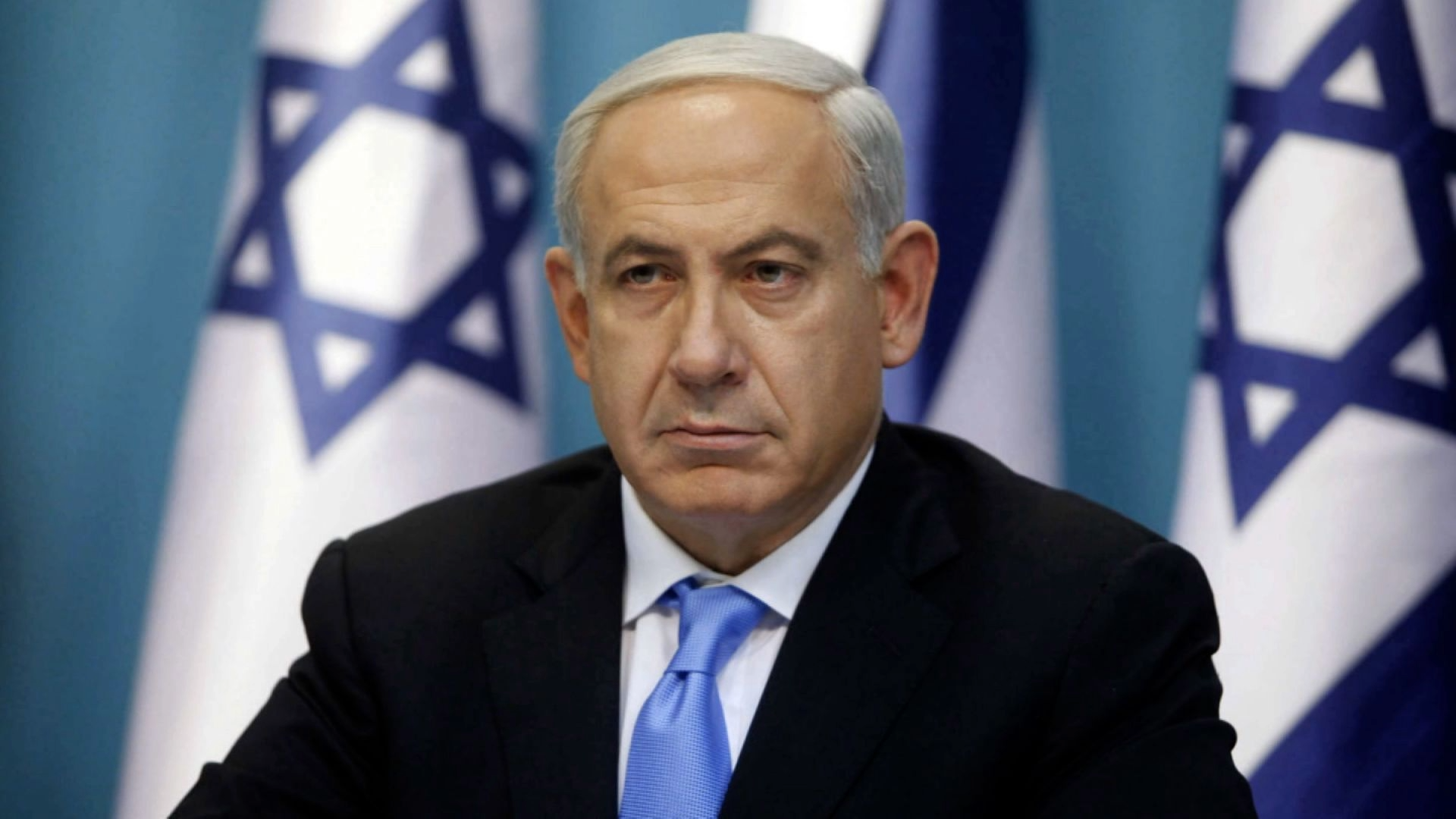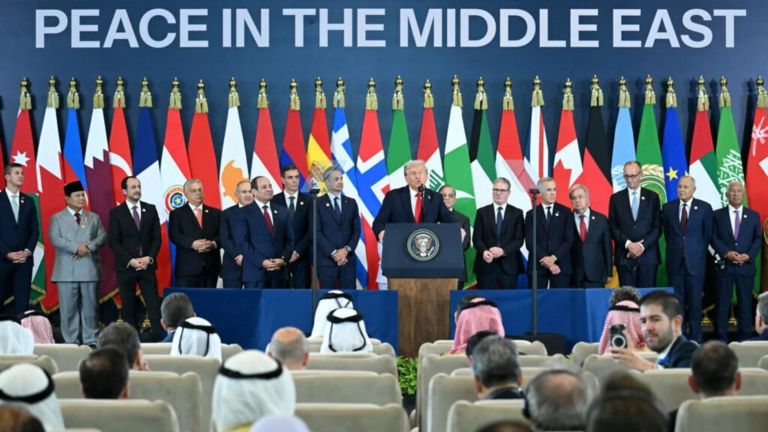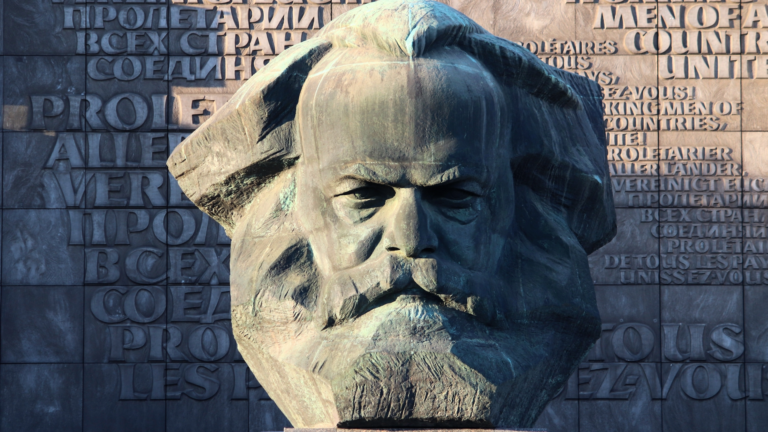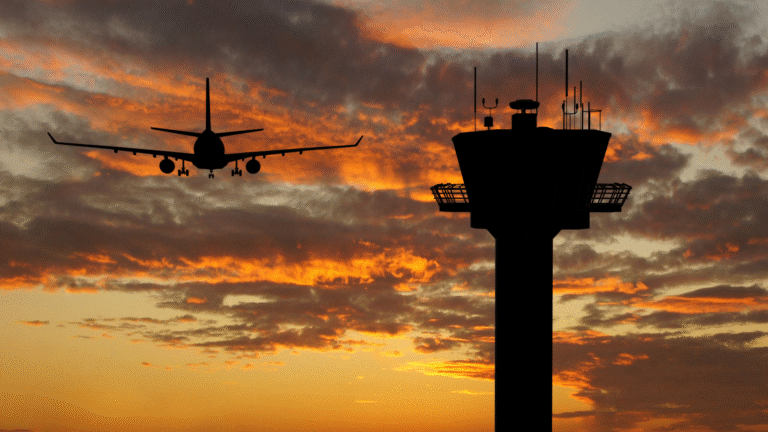Benjamin Netanyahu: Israel’s Longest-Serving Prime Minister and the Cost of His Power
Benjamin “Bibi” Netanyahu has dominated Israeli politics for nearly three decades—Israel’s longest-serving prime minister, and a man who built his career on the promise that only he could keep the nation safe. Yet as Israel endures its longest and bloodiest conflict, critics argue his determination to stay in power has left the country—and the region—more unstable than ever.
A Career Defined by Strength and Survival
Netanyahu first rose to prominence in the 1990s, portraying himself as Israel’s uncompromising defender. His supporters hailed him as a strongman willing to defy international pressure; his detractors called him manipulative and self-serving. Either way, his brand stuck. Since 1996, he has held power on and off for 17 of the last 30 years, surviving scandals, indictments, and elections that would have ended most political careers.
Even after presiding over the longest and deadliest war in Israel’s history, polls show his governing coalition would lose if elections were held today. Many within Israel’s establishment have turned on him: one former ambassador to Washington called Netanyahu “unable to distinguish between personal and political interests,” while a sitting minister described him as “a danger to the state of Israel.”
Still, Netanyahu has always found a way back. He’s been unseated twice and returned each time—largely by convincing Israelis that only he can keep them secure, and by reminding Washington that, in his own words to settlers in 2001, “America can be easily pushed.”
Ideological Roots and Early Rise
Netanyahu’s worldview was shaped early. His father, historian Benzion Netanyahu, was a leading proponent of Revisionist Zionism—a hard-line belief in Jewish self-determination through military strength. After spending part of his youth in the United States, where he attended high school in Philadelphia under the name Ben Nitay, Netanyahu learned to defend Israel’s actions on American television with calm fluency.
The 1976 death of his brother Yoni Netanyahu, a commander killed leading the famous Entebbe hostage-rescue raid, further solidified his image as part of a family bound to Israel’s security narrative. Returning home, Netanyahu entered diplomacy, served as Israel’s ambassador to the United Nations, and soon climbed to the leadership of the right-wing Likud party.
The Oslo Years and the Rabin Assassination
In the mid-1990s, Netanyahu made his name opposing the Oslo Accords, which sought peace between Israel and the Palestinians. He led angry rallies against then-Prime Minister Yitzhak Rabin, where protesters burned Rabin’s image in a Nazi uniform and chanted for his death. When Rabin was assassinated in 1995 by a far-right Israeli, Rabin’s widow blamed Netanyahu for stoking the hatred that preceded the killing. Netanyahu denied responsibility, though video footage shows him leading a mock funeral procession with a coffin labeled “Rabin kills Zionism.”
A wave of Hamas suicide bombings the following year shifted public opinion toward security over reconciliation. Netanyahu was elected prime minister for the first time in 1996.
Building Power Abroad: The U.S. and the Abraham Accords
Over the decades, Netanyahu cultivated close ties with Republican administrations, particularly Donald Trump’s, during which he achieved what he called his greatest diplomatic success—the Abraham Accords. The agreements normalized relations with several Arab states, including the UAE and Bahrain, without requiring progress toward a Palestinian state.
Netanyahu’s intent was clear: by securing peace deals with Arab neighbors first, he could sideline the Palestinians and eliminate pressure to negotiate over statehood. Critics warned the strategy would entrench Palestinian marginalization—a prediction that has largely borne out.
Corruption Trials and a Family Under Fire
While projecting strength abroad, Netanyahu faced three criminal cases at home: bribery, fraud, and breach of trust.
- The first involves $300,000 in luxury gifts—including cigars and champagne—from wealthy businessmen, allegedly tracked using code words like “leaves” and “roses.”
- The others center on claims that Netanyahu traded regulatory favors for positive coverage from major news outlets, including the digital portal Walla. The site’s former editor described receiving specific photo requests from Netanyahu and his wife Sara, using “parsley” as code for adding flattering images.
He denies all wrongdoing, but the trials have dragged for years; a conviction could carry up to ten years in prison.
Sara Netanyahu’s own controversies have compounded his troubles. She has twice paid damages for abusive treatment of staff and once pleaded guilty to misuse of public funds after spending roughly $100,000 on catered meals. Other expenses, including scented candles and a $127,000 plane refit for a state trip, have fueled Israel’s tabloid frenzy.
A Coalition of Extremes
After being ousted in 2021, Netanyahu returned to power the following year—this time by forming a government reliant on the ultra-Orthodox and far-right ultranationalists. His cabinet now includes figures once considered beyond the pale:
- Itamar Ben-Gvir, now national security minister, has multiple convictions for incitement and supporting a terrorist organization and is a vocal champion of the settler movement, which seeks to annex the occupied West Bank.
- Bezalel Smotrich, finance minister, is a self-described “proud homophobe” who once declared, “There is no such thing as the Palestinian people.” He has defended the starvation of civilians in Gaza as potentially “just and moral” and openly calls for annexation of Palestinian land.
Their influence has pushed Israeli policy sharply rightward, particularly on issues of settlements, religion, and the judiciary.
The Judicial Overhaul and Mass Protests
In early 2023, Netanyahu introduced a sweeping plan to limit the Supreme Court’s oversight—a long-standing demand of both his far-right partners and ultra-Orthodox allies. Critics saw the move as an attempt to weaken checks on executive power while he faced corruption charges.
The result was one of the largest protest movements in Israeli history, drawing hundreds of thousands, including reservists and Navy SEALs who declared the reforms a threat to democracy itself. The standoff revealed how polarized Israeli society had become under Netanyahu’s leadership.
The October 7 Attack and the Gaza War
On October 7, 2023, Hamas militants launched a surprise assault on southern Israel, killing about 1,200 people and abducting 251 hostages, including Israelis and foreign nationals. The attack plunged the region into war.
Netanyahu’s Pre-War Policies
Before the assault, Netanyahu had allowed Qatari funds to flow into Gaza, reasoning that a strong Hamas would weaken the Palestinian Authority and reduce pressure for statehood. Israeli journalists later reported that the money helped Hamas build tunnels and weapons used in the attack.
Security officials had warned Netanyahu about Hamas’ growing threat. He dismissed the concerns, claiming the group was “deterred”—a grave misjudgment.
The War’s Human Cost
Israel’s response has devastated Gaza. According to Gaza’s health ministry, more than 68,600 people have been killed as of October 2025, including hundreds since the ceasefire began. The UN, Amnesty International, Human Rights Watch, and other observers describe Israel’s actions as potential genocide, and the International Criminal Court has issued war-crimes warrants for Netanyahu and several Israeli officials.
The BBC now reports that all 20 living hostages were released on 13 October 2025 under a U.S.-brokered ceasefire in exchange for 250 Palestinian prisoners and 1,718 detainees from Gaza.
However, 11 deceased hostages—nine Israelis, one Tanzanian, and one Thai—remain in Gaza. The bodies of two hostages, Amiram Cooper (84) and Sahar Baruch (25), were recently returned via the Red Cross, while the families of others continue to demand their loved ones’ return for burial.
Israel has so far handed over 225 Palestinian bodies in exchange for the 17 Israeli and foreign hostages returned by Hamas.
The Politics of Perpetual War
Netanyahu’s critics accuse him of prolonging the conflict to placate his far-right coalition and avoid losing power. Reports show he has overridden military advice and broken ceasefires, blaming Hamas for conditions not in the agreements. Ministers like Smotrich have publicly threatened to collapse the government if the war paused.
At a recent conference, Smotrich even described Gaza’s destruction as an “urban-renewal” project, discussing potential real-estate profits from redevelopment. His words underscored a government seemingly detached from the humanitarian catastrophe it helped create.
Isolation Abroad and Anger at Home
As civilian deaths mounted, even traditional allies grew wary. France, the UK, Canada, and Australia have all officially recognized a Palestinian state, leaving the United States as the only permanent U.N. Security Council member that has not.
Within Israel, protests have continued. Demonstrators in Tel Aviv accuse Netanyahu of betraying soldiers and sending them to die for his political survival. Polls show his favorability among Americans has fallen to 29%, while 58% of U.S. respondents support Palestinian statehood.
The Broader Context—and the Future
To pin all of Israel’s actions on one man would be simplistic. The country’s deeper debates—about occupation, security, and Palestinian self-determination—run far beyond Netanyahu. But few dispute that his leadership has intensified the suffering in Gaza, strained alliances, and eroded Israel’s democratic fabric.
The next Israeli election is scheduled for October 2026, though a collapse of his fragile coalition could trigger an earlier vote. For many Israelis, the question is no longer whether Netanyahu can protect them—but whether his quest to remain in power has become the nation’s greatest liability.
The Bottom Line
Benjamin Netanyahu’s political career is built on the idea that he alone can guarantee Israel’s survival. Yet after decades of wars, corruption scandals, and deepening extremism, his legacy looks less like security than perpetual crisis.
If Israelis hope to rebuild trust, heal division, and bring the hostages home, it may begin not with another show of force—but with the end of the man who has ruled by it for nearly thirty years.
Until then, expect the bloodshed—and the uncertainty—to continue.







